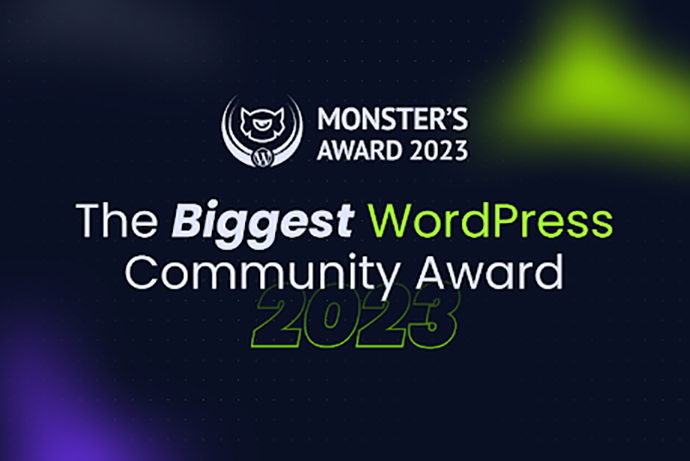Looking Back on 10 Years of Social Media
It might seem like eons ago, but MySpace was launched ten years ago, in 2003. It was the first social media giant, although LiveJournal proved to be a mild competitor. Facebook was launched one year later, in 2004, although most people know that it started as a Harvard-only closed site. Twitter made its debut in 2006, and Pinterest launched in 2010, and Google+ is the latest major contender, starting as an invite-only service in June 2011.
Social media has come a long way in the past decade. Much like adjustable height tables, people are always looking for ways to change it. Facebook has managed to remain king, but for how long? Here’s a look at the past decade of social media developments so you can ponder what the next big shift might be.
Image credit: Stock Vector Illustration by Sutterstock
The Early Years: 2003 – 2005
MySpace was founded in ’03 but was acquired by News Corporation for $580 million in 2005. Facebook secured www.facebook.com in 2005, moved to Palo Alto and scored the company’s first big-time investor, PayPal co-founder Peter Thiel. That same year, Facebook founder Mark Zuckerberg realized what he had and launched a separate, Facebook-esque site to high schoolers.
However, Facebook had yet to overtake MySpace. MySpace was gearing up to be the most viewed site on the web, prepping to surpass even Google. Zuckerberg saw limited success with the high school version of Facebook, and offered accounts to businesses including Apple and Microsoft. There was about to be a shift in the social media battle.
The Showdown: 2006 – 2009
MySpace did succeed in becoming the most popular site online in 2006. However, the victory was short-lived. Facebook expanded that same year to allow anyone over 13 years old with an email address to join. Social media users quickly bailed on MySpace, and by 2008, Facebook was the most popular social network on the Internet.
While Facebook was taking down MySpace, a quieter competitor was hatching. Twitter was officially launched in 2006 but didn’t spin off into its own company until 2007. Unfortunately for Facebook, they didn’t see this 140-character-limit competitor coming.
The Latest Developments: 2010 – Present
Facebook is now the second-most-visited site (behind Google) and is transitioning into a more business-centric site. The company has acquired Instagram, but that might not be enough to satisfy photo-hungry visitors. The photo-driven Pinterest, launched in 2010, has proven to give users with a taste for beauty another option.
Google made its latest foray into social media in the summer of 2011 with Google+, starting as a highly-anticipated invite-only service. Unfortunately for Google, the initial excitement fizzled out, and for a while Google+ was a barren wasteland. However, Google has been quietly making changes to its algorithm that favor Google+ use – +1s can have an impact on search results, and Google Authorship ties in with the service. Businesses are starting to focus more and more on the search giant’s social network.
Image credit: Stock Photo by Sutterstock
Twitter and Facebook have come to an unofficial means of playing nicely, though it doesn’t always go as smoothly as one would hope. Twitter users insisted on the incorporation of hashtags on Facebook, texting and nearly everywhere else. Recently, Twitter changed their system so that previews of Instagram images cannot be previewed inside a tweet, continuing a feud which will probably extend until one of the networks dies out.Which may be sooner than some think – when Facebook went public to sub-par acclaim, some say it was the figurative jumping of the shark. Meanwhile, there are murmurings of MySpace making a comeback centered on music under its new owners.
Overarching Trends
Social media has come a long way. It’s transformed from solely a way to check in with friends into a business must. It’s the primary platform for many businesses, some of which do not even have websites outside of their Facebook or Twitter accounts. Users are becoming more dependent on high-quality images and shorter, easily digestible content. Pinterest caters to that preference.
It’s unlikely that Facebook will be dying anytime soon. The site still gets about one trillion unique visits per month, and recently surpassed a billion active users. People are unlikely to switch until something better, and different, comes along. There’s a good chance that better option is already in the works. However, it’s impossible to say yet just what it will be.
Author’s Bio
Adrienne is a blogger and aspiring writer. When she’s not blogging about tech and social media, you might find her practicing her French, whipping up some recipes she found on Pinterest, or obsessing over vintage postcards and stamps.




